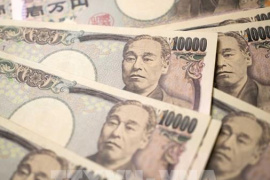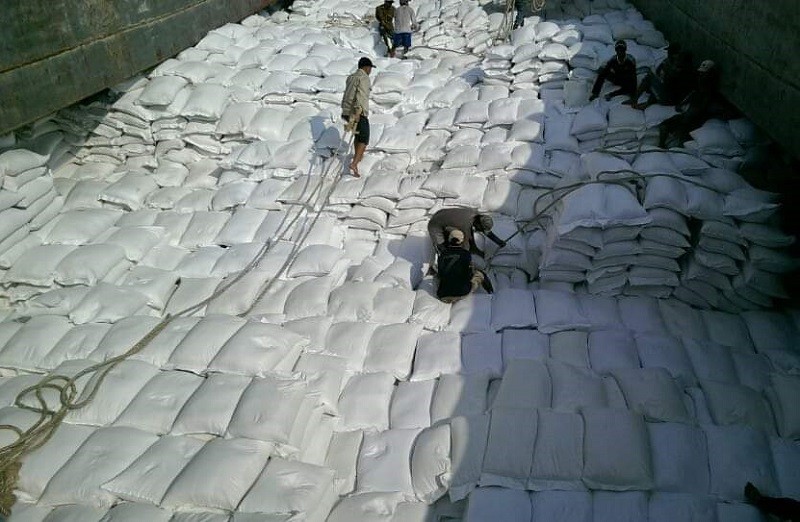Fitch Ratings believes the supply of homes in Vietnam ’s market will be curtailed as more developers postpone launches amid tightening liquidity in the sector. Demand should remain supported by the country’s strong economic fundamentals; Fitch Ratings forecast real GDP to expand by 6.2% (2022 estimate: 7.4%), but there is a risk that consumer sentiment for property purchases will deteriorate if more scandals surface amid the government’s anti-corruption crackdown.
Rising Cash Outflow on Land Payments to Pressure Leverage
Fitch Ratings forecasts decreased FCF in 2023 due to lower contracted sales and rising costs, while companies are likely to continue making committed payments on land bank and licensing and zoning. This, together with lower availability of mortgage-funded home sales, will push up leverage. However, most rated homebuilders have strong balance sheets to absorb a degree of deterioration over the next 12 months without impacting ratings.
The mix of mortgage-funded home purchases is likely to fall due to tighter bank credit and rising interest rates. HSBC expects this to pressure homebuilders’ balance sheets, as cash disbursement to developers from consumer mortgages are faster than if homebuilders offer instalment-based repayment schemes. Fitch Ratings believes the government will proactively adjust credit growth targets to support the economy if required, as a sharp drop in demand would have a knock-on impact on related industries.
Tightening Liquidity
Fitch Ratings expects higher liquidity and refinancing risks in the next 12 months. This will be more pronounced at homebuilders with lumpier cash flow, concentrated funding sources and high nearterm maturities. Declining contracted sales could also pressure liquidity, driving negative rating action as homebuilders slow project launches due to scarcity of funding for development costs, land purchases and related payments. Against this backdrop, we believe issuers will rely more on internal cash to repay debt, fund investments and working capital.
Easing Credit Controls May Improve Outlook
Eased regulatory credit tightening in the property sector could see the sector outlook change to neutral or improving. However, we believe restrictive lending policies will stay in place at least through 1H23, as the government remains focused on controlling inflation and preventing assetquality deterioration in the banking system. This follows a number of high-profile scandals in the real-estate sector relating to the misuse of bond proceeds and share-price manipulation. The government has since tightened rules around private bonds to reign-in risk.






